- Topics
- Campaigning
- Careers
- Colleges
- Community
- Education and training
- Environment
- Equality
- Federation
- General secretary message
- Government
- Health and safety
- History
- Industrial
- International
- Law
- Members at work
- Nautilus news
- Nautilus partnerships
- Netherlands
- Open days
- Opinion
- Organising
- Podcasts from Nautilus
- Sponsored content
- Switzerland
- Technology
- Ukraine
- United Kingdom
- Welfare
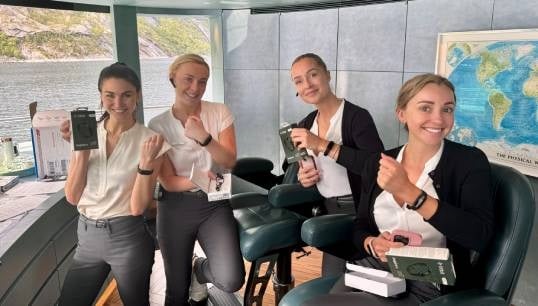
An ongoing research project aimed at understanding the benefits of social interaction onboard and the impacts of fatigue, activity and rest among seafarers is now using wearable technology and mobile data collection. Deborah McPherson reports
The Social Interaction Matters (SIM) project seeks to understand the impact of social activities and other influences on seafarers' health, and is organised by the International Seafarers' Welfare and Assistance Network (ISWAN). Now on its third phase, the SIM project is working with volunteer crew participants onboard superyachts, cruise and commercial vessels in a first-of-its-kind research project.
The latest research collects data using both wearable Fitbit watches, and mobile technology, to track rest and activity, and record the impact of social interaction on overall wellbeing.
Why is social interaction important?

'The SIM project's main aim is to improve wellbeing for all seafarers,' explains research lead Dr Kate Pike. 'The project has evolved from firstly looking at what social interaction means onboard and the drivers and the challenges to that.'
Dr Pike adds that findings from the previous phases of the project showed that crew social interaction can provide a vital 'mental reset'.
She says the findings so far show that if crew are encouraged to get to know each other better, they build stronger relationships, 'which promotes a more caring environment, with better mental health, improved performance and, contributes to a better safety culture onboard.'
One of the yacht crew participating in the project, executive officer Jo De Luca, on superyacht Savannah agrees: 'I see the project as having a positive effect on the marine industry as a whole. I think we have a unique opportunity with the programme to help raise the standards, not only in the yachting industry, but in all sectors in the maritime industry.'
The project, which began in 2019, has developed over three phases. The first involved a large-scale survey with focus groups and examined the drivers and barriers of social interaction during the Covid-related crew change crisis. The second phase involved 10 shipping companies and 21 commercial vessels where participants provided feedback on their social interaction and mental health on board. The third phase has expanded the scope to different maritime industries, and includes 200 crew volunteers from six vessels: two superyachts, two cruiseships and two commercial ships.
How is the data recorded?
While the initial research provided valuable anecdotal evidence about the value of social interaction for seafarers, it was also necessary to quantify the findings.
'This time, we're using technology in the form of a Fitbit wrist device that collects data on physical activity, sleep patterns and other metrics,' explains Dr Pike.
'Concurrently, seafarers answer a daily wellbeing question using mobile phone technology which delivers one of 30 questions to those taking part over a three-month cycle. Wellbeing topics range from fatigue and rest, crew cohesion, types of social interaction and how valued people are feeling, among others.'
Participating seafarers and shipping companies give signed consent and their data is anonymised.
Pivotal to the project is the use of 'social ambassadors' – crew who volunteer to engage colleagues in various social activities and keep wellbeing logs during the research. Dr Pike says that the use of social ambassadors provides crucial context to the data – providing further understanding about the how weather, port calls, or shore leave, among others, impact crew wellbeing. She notes that some vessels which participated in earlier phases have now implemented their own versions of the social ambassador role onboard, and this is a key recommendation of the project so far.
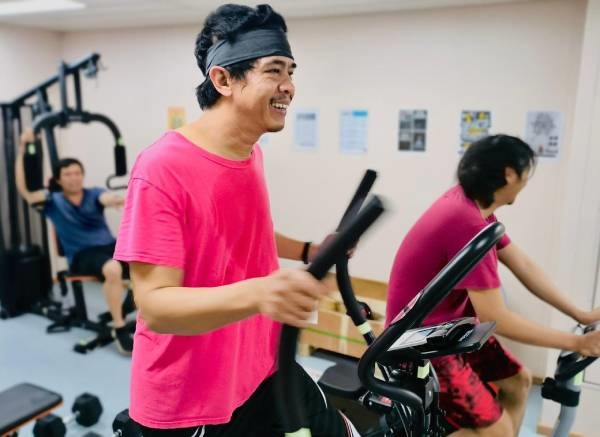
'Seafarers across the ranks are eager to participate and the project has generated good engagement from those participating, with some crews developing healthy competition around their Fitbit stats,' said Dr Pike.
Ms De Luca, who has also been one of the social ambassadors, agrees the project has been a positive experience. Being on a charter yacht means opportunities for social interaction are often limited for the crew, but she says ensuring crew can have downtime together does not have to be a huge social interaction for improved mental wellbeing.
'As an example, we had a charter for three weeks and it had been terrible weather outside, and the decks were getting buffeted with 50 knot winds and torrential rain. So, the interior team and I decided to set up a pop-up hot chocolate stand for when the deck department came in. It's a very small gesture. But it gave everybody a 10-minute reprieve from the weather and reminded each other that we're a community and that we're all in it together.'
The daily wellbeing questions also benefited the leadership team, adds Ms De Luca. 'It was a really great reminder for us as leaders to take stock: "Have we provided enough rest for our crew, enough positive feedback"? These things do affect mental health, and so each day, there was a little reminder for us.'
Results due
ISWAN's SIM Project is funded by the Trinity House Maritime Department for Transport Fund and the Seaspan Corporation. The third phase results are due to be released in 2025 and will provide detailed insights not just across the different maritime industries, but also on specific areas of concern like fatigue patterns and internet connectivity equality. Researchers are also aware of the recent damning fatigue findings in a report by the World Maritime University, funded by the ITF Seafarers' Trust. However, the SIM project's third phase is unlikely to be the end of the ISWAN research.
'Social interaction covers many areas, and there are multiple aspects that support the interaction and the wellbeing of seafarers,’ Dr Pike reflects. 'It's very important for seafarers mental health and safety on board generally that we understand and support that better.'
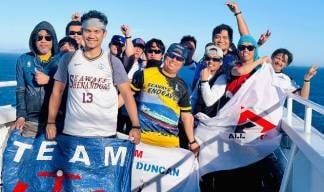
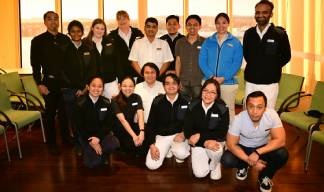
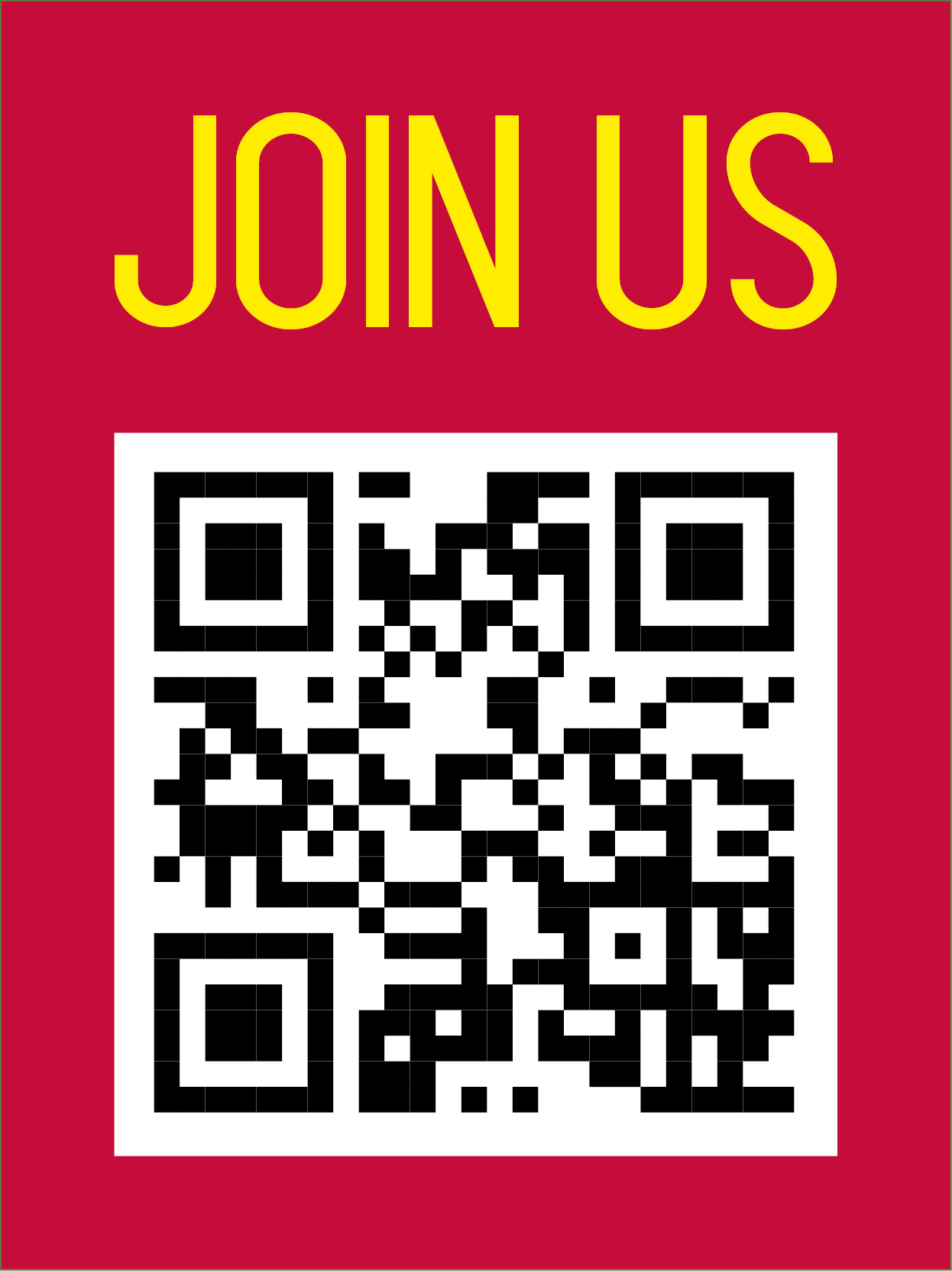
Join Nautilus International!
Be part of the union for maritime professionals
Wherever you are, so are we
We are the voice of maritime professionals, at sea and ashore. We have a say on all the major issues affecting our members.
✓Certificate protection
✓Legal assistance
✓Dispute resolution
Tags
